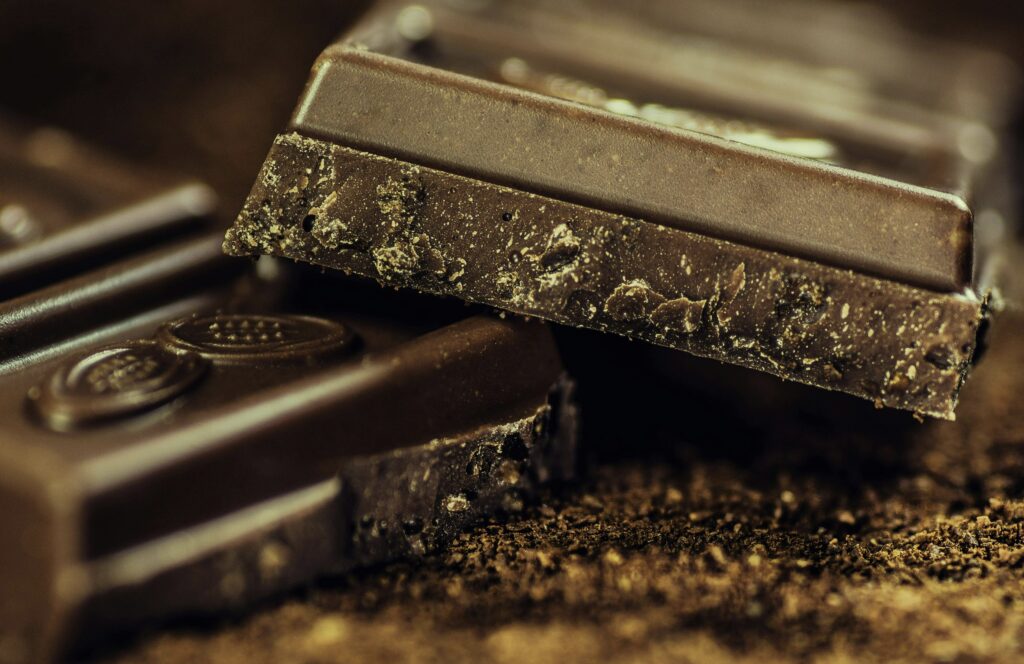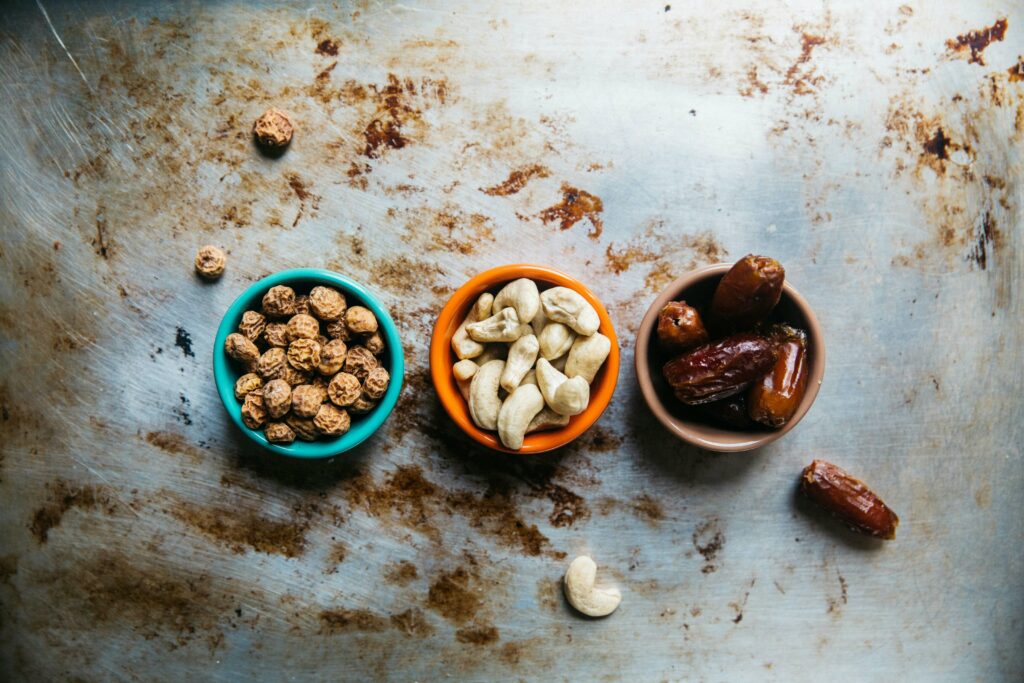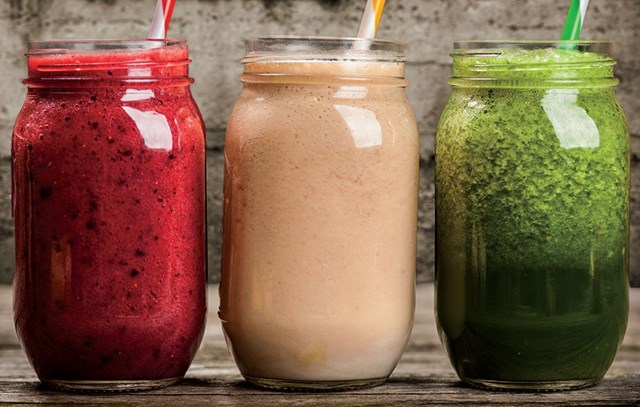Not all berries are created equal and when it comes to the blackcurrant, we think this fruit has been largely overlooked thanks to the allure and charm of its flashier counterparts like the strawberry and raspberry. Sure, a pavlova might look more festive with some red strawberries sprinkled on it, but when it comes to recovery and being able to do so effectively, you might do well to trade those strawberries for a punnet of blackcurrants.
According to a small study published in the journal of Nutrients, those looking to boost running performance or simply recover faster might want to consider adding blackcurrant into your daily diet. The study saw researchers recruit 27 men and women for a double-blind, randomised study where participants chosen were unaccustomed to strength training. Half took a placebo while the other half received a 300mg dose of New Zealand blackcurrant extract for 11 days, with one capsule taken once a day for seven days leading up to exercise, one taken before performing bicep curls, and one then taken once a day for four days after the workout.
Not surprisingly, those who took the extract experienced faster recovery of muscle function than the in the placebo group. The extract group also regained muscle strength within 24 hours compared to 72 hours for those taking the placebo.
For researchers, the results suggest that blackcurrant consumption might reduce inflammation and oxidative stress – a harmful chemical process in your body – following strenuous resistance exercise. Study co-author Julie Hunt, Ph.D., lecturer in sport and exercise science at the School of Biosciences and Medicine at the University of Surrey, told Runner’s World that these effects are associated with anthocyanin, a compound with antioxidant effects that is ample in New Zealand blackcurrant extract. While many people consume anthocyanins through extract, juice or whole food form after exercising in order to boost recovery, researchers now believe that supplementing both before and after exercise could have significant benefits.

New Research Suggests Eating This Fruit Could Potentially Improve Post-Exercise Recovery

5 Top Recovery Tips From Expert Endurance Racers
As Hunt explains, “There’s a close relationship between anthocyanin levels in the blood and protecting against oxidative stress, so it’s best to consume New Zealand blackcurrant extract one to two hours before exercise, as this gives time for the anthocyanins to be absorbed and peak in our bloodstream.”
In doing so, muscle tissue is primed to cope with the increase in oxidative stress, while taking some anthocyanins after exercise can help aid recovery efficiency. Those in the study in the extract group had about half the amount of muscle soreness in the day or two post-training compared to the placebo group.
But why New Zealand extract? Well, according to Hunt blackcurrants from our neighbours tend to have about 1.5 times the anthocyanin content of European-grown fruit, and its compound levels are consistent, unlike fresh blackcurrants. So if you’re really wanting to double down on recovery, we’d suggest opting for some New Zealand extract. Other foods containing the same compound blackcurrants have include cherries, blackberries, blueberries, pomegranates and red cabbage. It also needs to be said that it’s worth consulting a sports dietitian before you add any supplements or extracts to your diet.
















